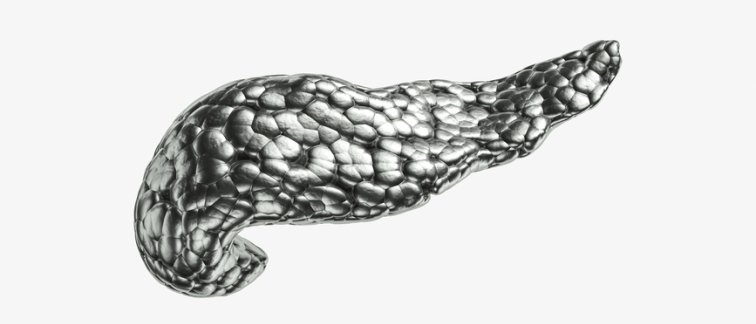Background
Patients who underwent total pancreatectomy could experience reduced awareness for hypoglycemia which can lead to unconsciousness and hospital admission. Treatment for diabetes is quite arduous, requires continuous monitoring of glucose levels and often impairs physical activity. This burden could be substantially decreased by treatment with the AP. This bihormonal closed loop system comprises continuous subcutaneous insulin and glucagon infusion with continuous glucose monitoring. In patients with type-1 diabetes, the AP was shown to be effective by significantly increasing the time in euglycemia (3.9-10mmol/L).
The APPEL 5+ study
The APPEL 5+ study is a randomized, monocenter cross-over study in patients who underwent total pancreatectomy. The study will start with a feasibility test including two patients. If necessary, hereafter minor changes could be made to the AP. The main study will be performed in 12 patients and comprises a closed loop (i.e. using the AP) and open loop period. The closed loop period consists of 4-6 training days plus 1 week closed loop treatment during which the AP will be used by patients in their normal lives. In the open loop period patients will use their own diabetes treatment and blood glucose level will continuously be measured.
Objective
The main objective of the study was to assess the efficacy of the AP and it was hypothesized that the AP provides better glucose control than standard open loop therapy. The ultimate goal is that the AP would allow patients to optimally participate in society by alleviating their treatment burden and increasing quality of life.
Results
The results of this study have been published in JAMA Surgery. You can also download the paper:



